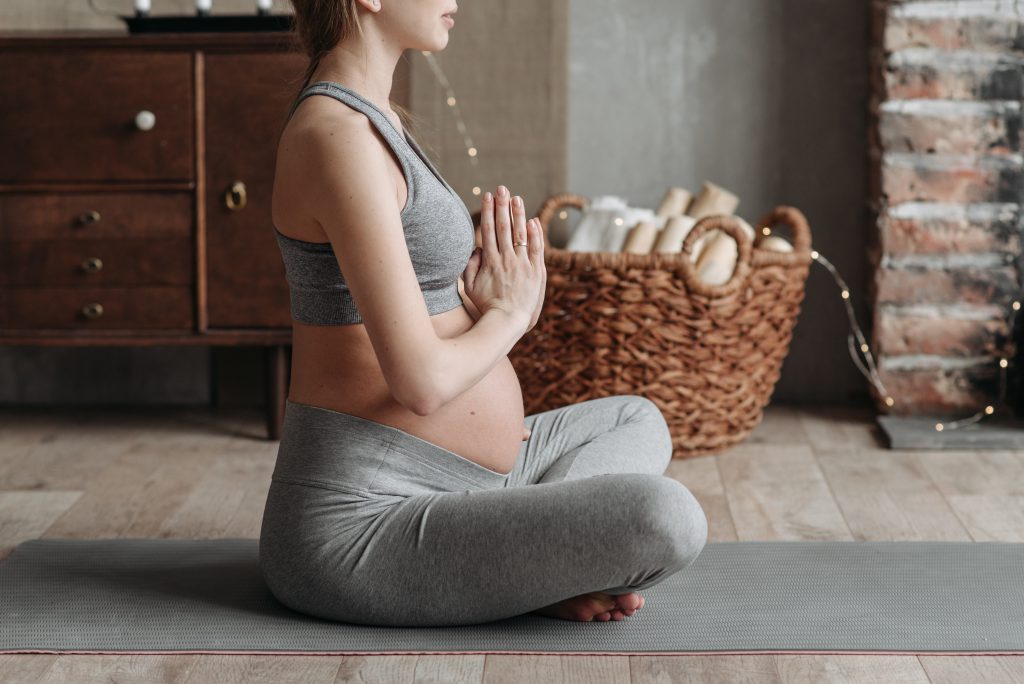How to meditate for sleep?
Meditation is an ancient practice that is becoming increasingly popular in the modern world. Many people seek to improve their physical and mental well-being through this mindfulness practice. But what exactly is meditation? What is it and how can it help reduce stress and anxiety? In this article, we’ll explore the basics of meditation, its history, the different types of meditation, as well as the mental and physical health benefits. Whether you are new to meditation or have been practicing for a long time, this article will give you an insight into the practice and perhaps inspire you to incorporate it into your daily life.
Origin of meditation
Meditation is an ancient practice that has its origins in many cultures and religious traditions around the world. Its origins can be traced back more than 5,000 years to India, where meditation was developed as a spiritual practice in the teachings of yoga. The first mentions of meditation in Indian texts date back to around 1500 BC, in the Vedas, the earliest Hindu sacred texts. The practice has also been associated with Buddhism, which originated in India in the 5th century BC. The Buddha taught that meditation was a way to free oneself from suffering and to achieve spiritual enlightenment. This relaxation practice has also developed in other cultures, such as Taoism in China and Sufism in Islam. In Japanese culture, it is associated with the practice of Zen, which is a form of Buddhism.
Over time, the practice of meditation has developed and evolved in different cultures, adopting new forms and uses. Today it is practiced all over the world, often outside of any religious or spiritual context, as a mindfulness practice to improve mental and physical well- being.


Why meditate before sleep?
Sleep is essential for our physical and mental health. It allows the body and brain to rest and regenerate. Yet many people have difficulty falling asleep or getting a restful night’s sleep due to insomnia or sleep disorders. Meditation can be an effective method of helping people sleep better by calming the mind and reducing stress.
What are the benefits of meditation on your sleep?
Meditation has many benefits for your body and mind, including improving the quality of your sleep.
- It helps to reduce stress, anxiety, depression, and mental agitation that can disrupt your sleep.
- It promotes relaxation of the body and mind, which can help you fall asleep more quickly and deeply.
- It optimizes your biological clock by regulating circadian rhythms and the sleep cycle.
- It promotes the secretion of hormones such as melatonin and serotonin, which are essential for quality sleep.
- It helps regulate breathing and muscle tension, which can help reduce snoring and sleep apnea.
- It improves lifestyle by promoting healthier nutritional choices and regular physical activity.
In conclusion, meditation can be an effective tool for improving the quality of your sleep and your overall well-being. By practicing meditation regularly before bed, you can reduce the problems of insomnia and sleep disturbances to achieve a restful sleep and a peaceful night’s sleep.
How to do meditation for sleep?
- Find a quiet, comfortable place: Choose a quiet, comfortable place to meditate. This could be your bedroom, your living room, or a quiet spot in your garden. Make sure the place is dark and cool enough to help you relax.
- Sit or lie down in a comfortable position, keeping your back straight and your shoulders relaxed. You can use a pillow or blanket to help you feel more comfortable.
- Breathe deeply: Start by taking a few deep breaths to help you relax. Breathe in deeply through your nose and out slowly through your mouth.
- Focus your attention: Close your eyes and focus your attention on your breathing. Focus on the sensation of the air entering and leaving your nostrils. If your mind starts to wander, gently bring your attention back to your breathing.
- Visualize: Visualize a quiet, peaceful place, such as a beach or a forest. Imagine yourself walking there and relaxing completely.
- Use affirmations: Use affirmations to help you calm down and relax. Repeat phrases such as “I am calm and relaxed” or “I feel at peace” while focusing on your breathing.
- Practice regularly: Practice sleep meditation regularly to help you relax and sleep better. Regular meditation practice can be very beneficial to your overall health and well- being.
How to clear your head before sleeping?
Clearing your mind before sleep is a common practice to help reduce stress and promote restful sleep. Here are some simple steps you can take to clear your mind before sleep:
- Turn off electronics: Electronic screens emit blue light that can interfere with the production of melatonin, a hormone that regulates sleep. So, turn off your phones, tablets, computers, televisions, etc., at least an hour before bedtime.
- Prepare your environment : To help you relax, prepare your sleeping environment. Turn off the lights or turn on a soft lamp, adjust the temperature to a comfortable level, and eliminate noise sources or use earplugs if necessary.
- Make a to-do list : If you are preoccupied with tasks or projects for the next day, take a few minutes to make a to-do list. This will help clear your mind and make you feel more organized for the next day.
- Take a deep breath : Take a few minutes to sit comfortably and breathe deeply. Breathe in deeply through your nose and out slowly through your mouth. Concentrate on your breathing and try to relax completely.Visualize a quiet place : Visualize a quiet and peaceful place, such as a beach or a forest. Imagine yourself walking there and relaxing completely. This will help you to clear your mind of stressful thoughts and focus on positive, calming images.
- Avoid thinking about problems : Try not to think about problems or worries before you sleep. If negative thoughts arise, gently push them away and return your attention to your breathing or visualization.






Leave a Reply